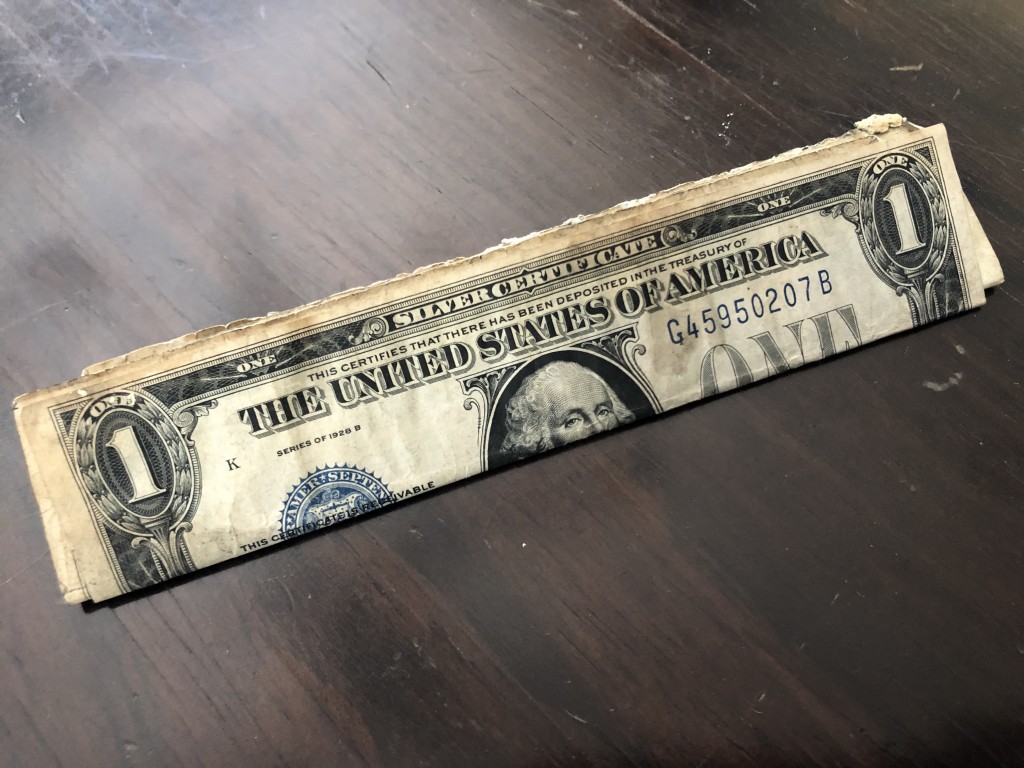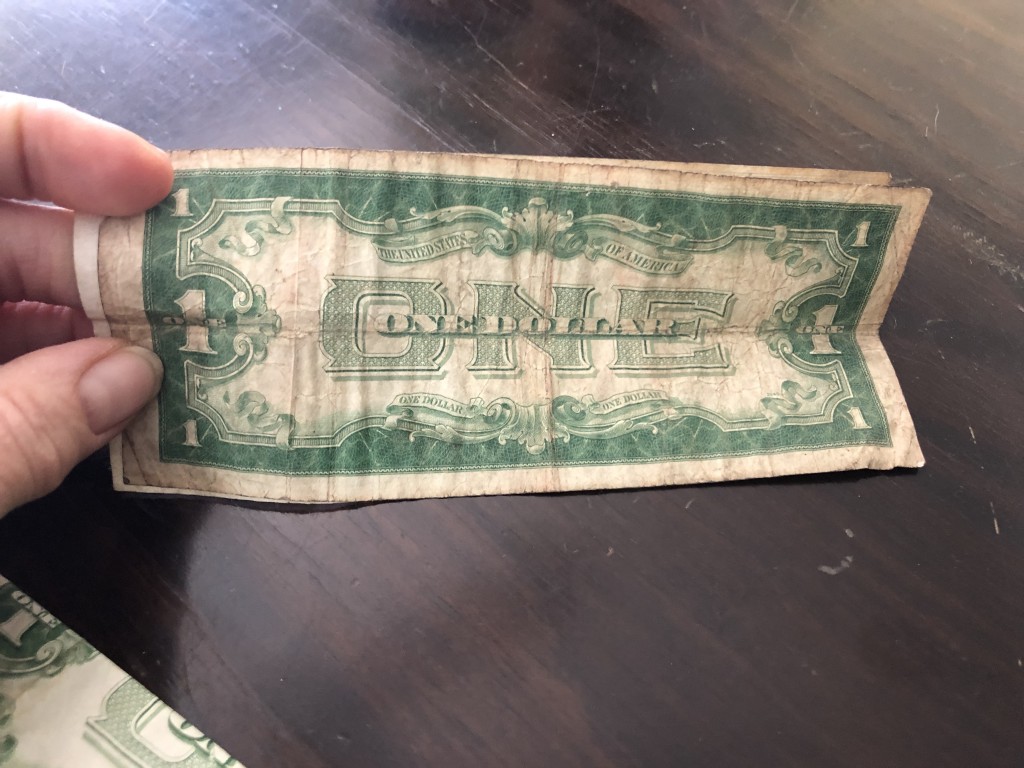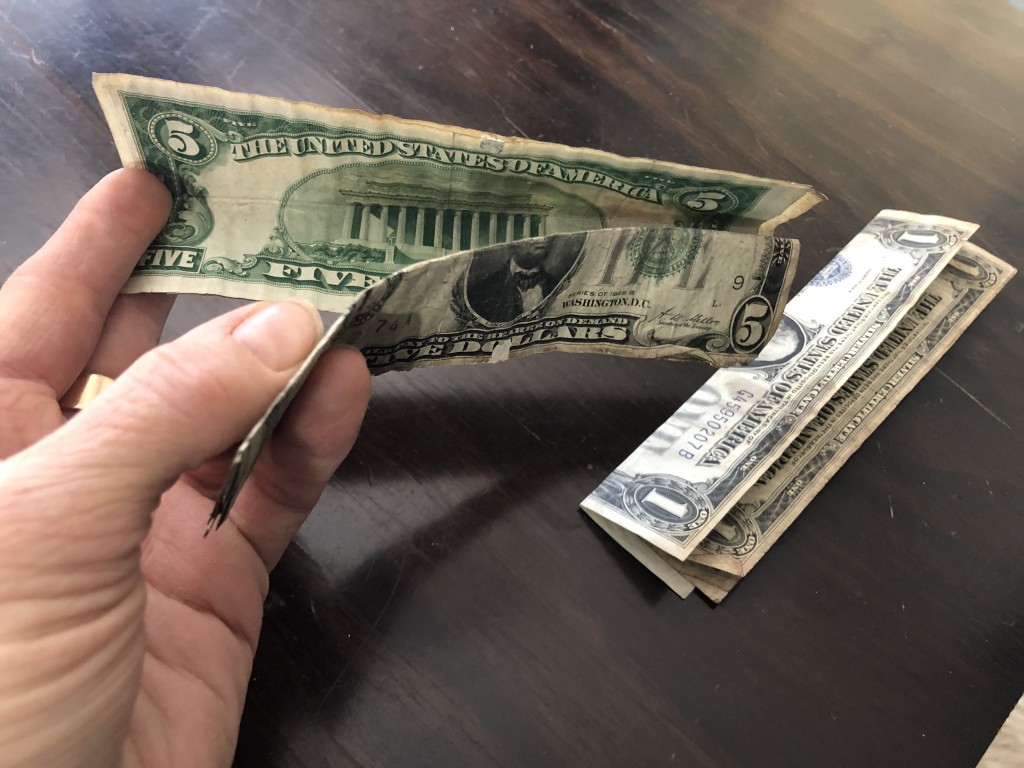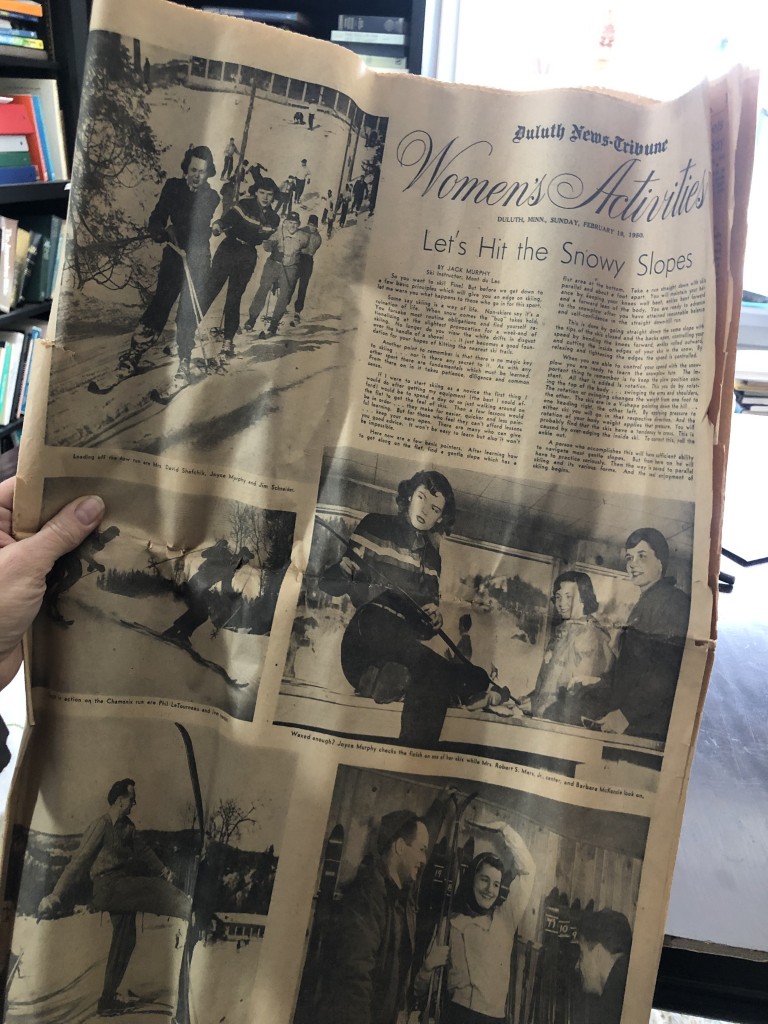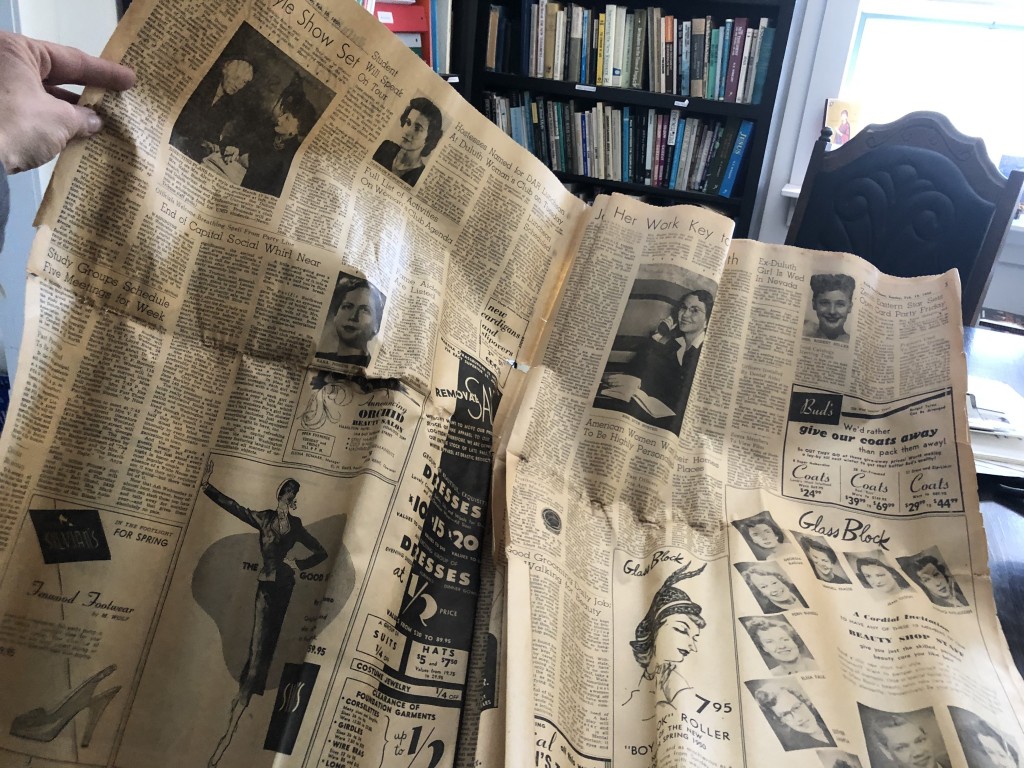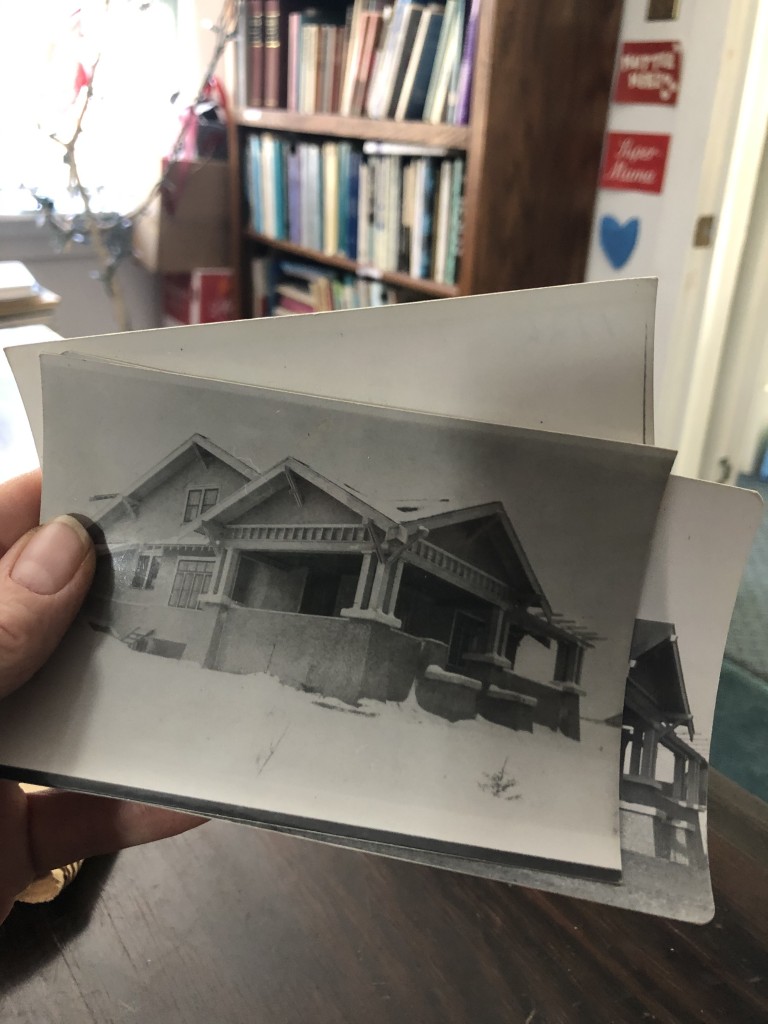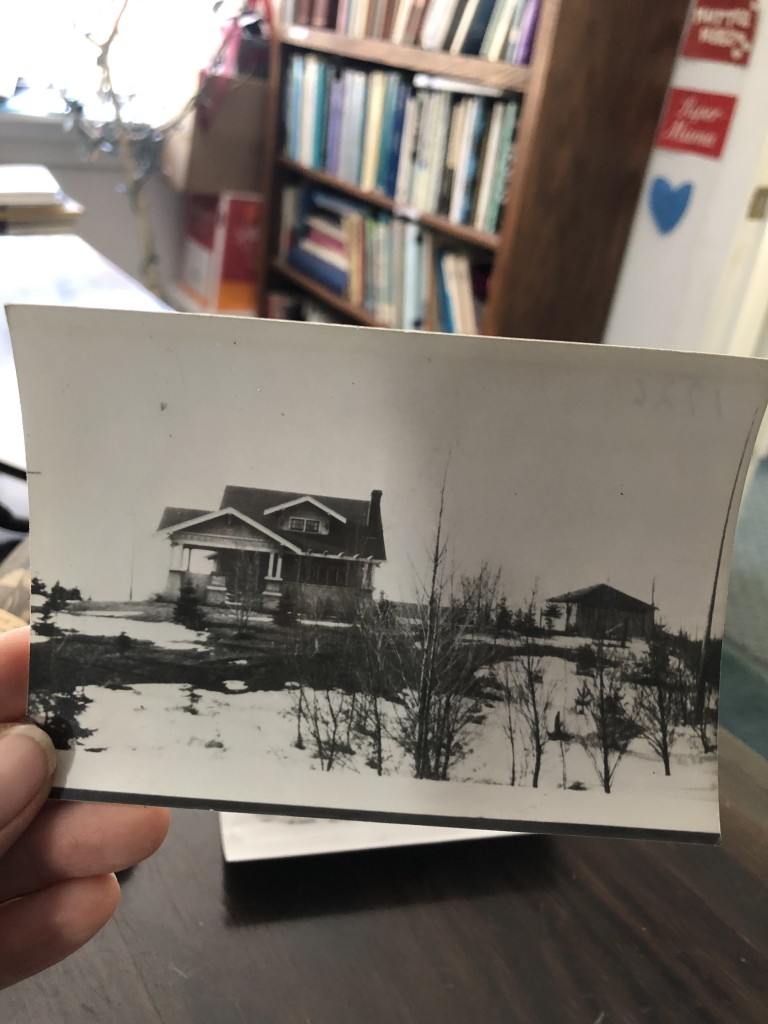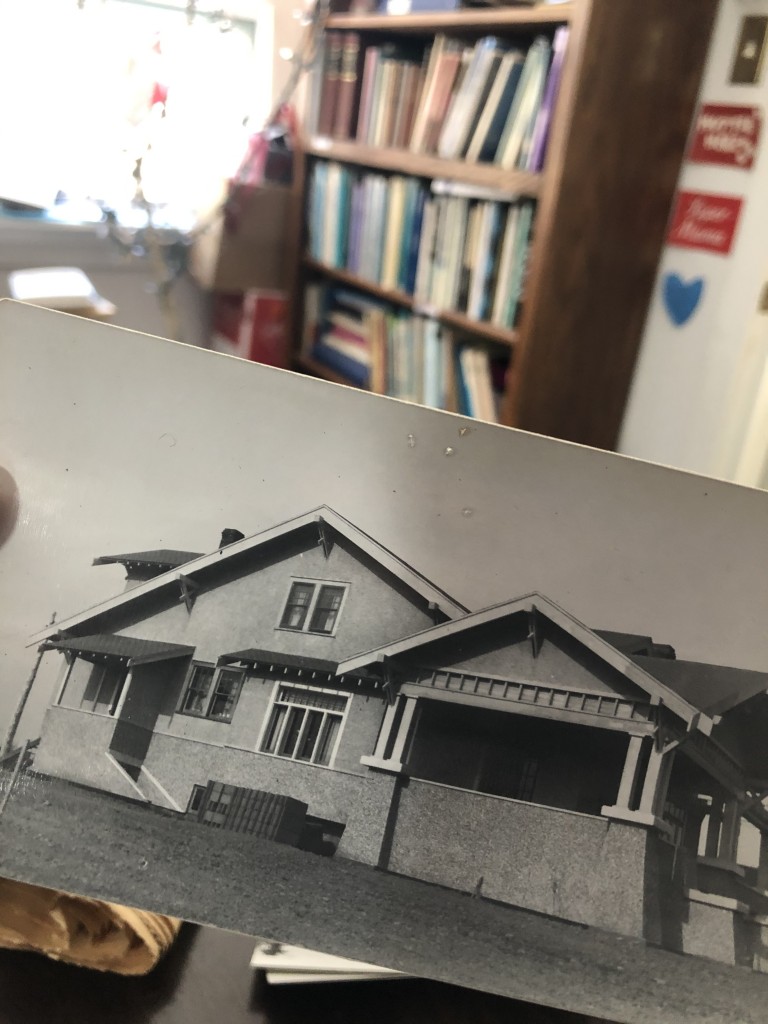$15 Hen Money for Chicks and Feed
About two years back, the State of Minnesota paid for our home to made more accessible by way of a track-run hoyer lift for my son…and for my back, as it turns out, because Karl’s way heavier now at age 18 than when the accident happened at age 3, I will tell you what.
The contraption runs over our bed (I sleep next to Karl to help him turn in the night—he gets sort of like a beetle on his back—and in the just-in-case event that he should get sick in the night, because his reflexes and core muscles aren’t quick and strong enough to sit up should he need to).
It then threads through the hallway, and then into the bathroom, sailing right over the now-accessible toilet and bathtub.
I joke that because I work at home, for all anyone knows, I might spend my days hopping in Karl’s hoyer lift and scooting myself from room to room in a make-shift carnival ride.
But one does not just wiggle the nose and voilà! a hoyer lift appears.
There was some (a lot of) dust involved.
Some (a lot of) holes in the ceiling.
And some (a lot of) removed walls.
And it lasted for way more than a day of minor inconvenience.
But none of that compares to the ridiculous wonder of being able to now safely transfer Karl from chair to bed to bathroom and back again, so I was and remain grateful for the work, and it was really good work.
That said, the commotion did make it a bit tricky to do my work, which is based out of the same home that was being (albeit for noble reasons) really torn up.
The things I do tend to be the sort that benefits from lots of quiet and extensive stretches of uninterrupted thinking.
So, for the duration of the destruction/reconstruction, I worked upstairs, in my study, as far away as I could get from the righteous racket below.
But one day, the two contractors came up the stairs, both grinning a bit, and one of them had something in his hand.
I couldn’t make it out at first: whatever it was was flat and thin, with an odd green hue, and seemed almost cardboard-like.
Then I saw it was…money?
“ARGH” I said, thinking straight away, and filled with self knowledge, that in the past few rainy days I must have managed to drop cash out of some pocket onto the ground.
But clearly, while going back and forth between the house and their work truck, they must have found it.
“I should not,” I said, really exasperated with myself, “be an adult!”
Thinking I’d figured it all out, I grabbed it, and promptly started to thwap them with it while muttering what a classic move it was for me to carelessly drop necessary dollar bills.
But they immediately both screeched ”STOP” and one grabbed me by the wrist holding the money.
“IT’S OLD!”
”…”
”It’s what?“ now looking more closely at it.
I’d thought that the weird color was because it had fallen into a puddle and then dried a bit darker.
But nope: the green was an entirely different dye.
This was definitely money, and definitely not the sort I would have had in my pocket…at least not for the previous 7 decades.
“Where,“ I spluttered, “did you find it?”
”Well,” one of them chuckled. “In the wall.”
”…”
Turns out that before these guys busted down the bathroom wall, they had to pry off the door trim and frame.
Exactly behind the trim directly above the door were the bills, tucked between the trim and the wall, and tucked within the bills was a small piece of torn newsprint with these words written in pencil, in a woman’s handwriting:
“$15 hen money for chicks and feed.”
Alas, that slip has gone missing, and I can’t believe it, because I have treasured it, keeping it tucked in the bills: it must have fallen out as I was either showing visitors the money and note, or cleaning the spot where I keep them (that’ll teach me).
But you can see here the bills, and there are all sorts of people who saw the slip of paper and can vouch that it was once there and for real!
As it turns out, that wasn’t the only thing that they found in my walls: they also discovered a rolled up newspaper section from 1953. It wasn’t serving as insulation (there was only this section below, and it was carefully rolled up between the studs in an inside, not an outside, wall). Instead, it sure seems that someone wanted to preserve something in this exact spread of the Duluth News “Women’s Activities” segment!
(Where oh where is Sherlock [and I’d very much settle for Benedict Cumberbatch] when I need him?)
Who doesn’t love the idea of finding treasures in one’s walls, right?
It’s the stuff of mystery novels and children’s books, and because I love both, don’t think that I wasn’t tempted to tell them to tear every single wall down!
But what has haunted me is not what else could be in my walls, but instead this (now missing—argh!) slip of paper: “$15 hen money for chicks and feed.”
What is the story there?
Why did she tuck the money behind the trim?
Why not place it in her purse?
Did she not trust the bank?
Did she not trust her husband?
Did she not trust herself?
And notice what it was for: not general groceries, not for a quite possibly rare self-indulgent splurge, but rather for a source of protein by way of eggs and meat, and fodder to keep producing both.
It was a practical move.
The bills are from 1928–right before the Depression. Living up here around then was not an easy life, and so $15 (though somewhere along the line she must have spent $2, as there is now only $13 in the pile) was a lot of money.
And she designated this hidden store of security—with a note to herself, as if she’d forget what it was for, which itself is such an intriguing detail—for her family’s survival.
$15 hen money for chicks and feed.
~~~~~
A week ago yesterday, I made the pre-emptive decision to keep my children home from school, due to the Coronavirus.
The schools hadn’t closed yet, but it didn’t matter to me: I may not be a scientist, but I respect them, and could see exactly where COVID-19 was going.
I was a little afraid of being called Chicken Little, but I figured that it was worth the risk.
See, although we’ve more or less scratched seeing my father for the duration (though he does have a balcony overlooking his apartment with an accessible path below it—we’re already plotting on how to create a catapult with the express goal of launching him some extra chocolate chips that we have and he is lamenting that he doesn’t), we need also to be a little concerned about Else, who has been known to get pneumonia easily, and Karl, who due to his TBI isn’t any more susceptible to respiratory glops, but once he’s got them has a far harder time fending them off.
So we’ve hunkered, Karl, Else, and I.
As it is, I confess that for some time and for countless reasons, I don’t trust Trump. Because he has scared me for some time, I’ve squirreled a few things away over the course of the last couple of years.
And a few weeks ago, just on instinct, I even ordered my seeds early.
More recently, seeing COVID-19 spreading, I thought to myself, I thought, “This is going to end badly,” (alas, I was right), and so began to get a few more staples, bought a few more gallons of milk, made sure that I had coffee (because coffee) and my favorite red wine blends (because red wine blends) and since it should be quite obvious that a person needn’t suffer when nestled in a quarantine, I got chocolate chips (now being readied to share via launch) and almond paste too.
And as the dire situation began to become even clearer, last week I purchased some more meats and milk to freeze, another jar of yeast and a couple of bags of flour, and some more coffee, along with several huge bags of good potting soil for us to begin to plant present hope and future nourishment.
I also made a point of buying waaaaayyyyy more AA Batteries for Karl’s Wii remotes.
Meanwhile, paying attention not just to the scientists but to the economists, I just took money out of savings, most of what I had accessible, as a matter of fact.
It was clear to me even a couple of weeks ago (again, alas, correctly) that conferences for which I’d been booked to speak would (rightfully) be cancelled, and reservations for the Spent Dandelion that typically begin to pick up ‘round about now would drop off, and sharply.
That savings was meant for later, but if I can’t feed my family or pay my mortgage, then later is less important than now.
I had the proverbial $15 hidden away for chicks and feed, but have had to begin to spend it down, just like this nameless woman did a hundred years ago in this very house.
The thing of it is, of course, that not everyone has had $15 (give or take) to store away—they are living paycheck to paycheck, and I get that in a very real way—or they have already had to dip in to their stash for this reason or that.
Some of those very sorts of people are dear to me, and some I will never know.
Moments like these remind me of my understanding about God and stewardship—almost like the apparent purpose of that note that woman wrote to herself, to remind her of what the money was for—that my savings aren’t my savings anyway.
As Christians, we are called to do what we can do to help each other, to steward that which is God’s for the people of God.
My money isn’t my money.
Chicks and feed couldn’t be received without a farmer from whom and a place from which to buy them.
My analogous $15 bucks to pay some shopkeeper for some proxy chicks and feed paid an analogous farmer who will now be able to afford to pay for more chicks and feed to feed her own family and raise more chicks and feed to sell to that very same shopkeeper who will again sell to me and others.
By the end of the cycle, the whole lot of us will be helped out again and again: protein and meat and fodder to keep producing both, all of which will keep us all alive in many and various ways.
As horrible, that is, as this Coronavirus is, it certainly has reminded us that Acts 2 got it right: that early community sold their possessions and goods and distributed the proceeds to all, as any had need.
(Granted, these ancient Christians also numbered in the 3,000 and “spent much time together,” which is exactly what we are not to do these days, but the point remains.)
This dastardly, deadly virus has exposed how dastardly and deadly is a way of life that fosters the illusion that we can make it alone, that we have made it alone, that the lowly farmer and the lowly shopkeeper and the lowly woman on the shore don’t matter as much as those who have huge wallets instead of humble walls into which they can store their security.
In related news, may we all give it up for the grocery workers, the stockers, the delivery people, the teachers, the child care givers, and the personal care assistants for the elderly and people with special needs.
None of them get paid as well as they should, but all of them are now clearly revealed as “essential.”
Perhaps that will now change.
And may we all give it up for all those who have fought for universal health care, the name of which should become all the more relevant and obvious in light of the Coronavirus’ furious and indiscriminate transmission rate.
Perhaps access to affordable medical care will now change too.
And may we all now hold in prayer and concern those medics who are having to face illness and death every day for the sake of the Other, and who must now make decisions about who gets ventilators and ICU space, because our government recently opted to spend the $15 in our collective walls slated for pandemics and health care instead on billionaires and walls.
Perhaps this administration and the anti-science and anti-poor policies which has driven it will now change as well.
There may be some good, painful, hard-won transformation that will come of this all, that is.
~~~~~
It’s been hard to discern some lines these days, like the line between hoarding and responsibly attending to my financially tenuous role as single mama, and the one between being hypochondriaical and hypervigilant, and the one between being panicked and prudent.
I’m not even sure that any of these are clear lines anyway, to be honest.
But maybe that’s another takeaway of the pandemic.
Maybe we have too many lines.
Maybe we have created boundaries and walls between us.
Perhaps we need to tear them down so that we can avoid needing again to build them up in the event of, say, a pandemic which pays no need to boundaries and walls.
If a virus doesn’t care, why should we?
Or, conversely, because the virus doesn’t care, we should.
~~~~~
Maybe the time has come to break down our walls.
See what’s behind them.
See how to share beyond them.
Extend some hen money for chicks and feed through them—really, like for real: donate to Food Banks, and buy gift cards, and pay your hair stylist during this time even though you will be shaggy before this whole thing is over, and if you can please keep donating to your Church, and pay your kids’ music teachers even for missed lessons—they’ll make them up—and even send money for people on the edge to spend as they see fit: groceries, a mortgage, or chocolate chips and almond paste. It doesn’t matter if it brings peace to them.
And find ways of extending hope. There are people really struggling with the distancing, not only because they are extroverts (I do not understand but I can offer sympathy), but because they are abused, or addicts, or in unhappy relationships, or anyway alone.
And extend joy. Use social media for more than dire predictions (though reality checks matter), but for delight, and for humor, and for beauty as well.
And for those of you needing hen money, and hope, and joy, it is much to ask you to avail yourself of it (you need energy to do so, and that might be the precise thing you don’t have) but please do.
Contact your local clergy person, Lutheran Social Services, county social worker, or even send me a note through this website: perhaps I might have some way to see what can be done.
The very least that can be done is to say this: you are not, no, really, you are not alone.
~~~~~
When we purchased this house, we received also three pictures of the home that were taken in 1923–just a few years before those bills found in my wall were printed.
The land is, as you can see, clear-cut all around the house, not least of all because it was built from the trees that were on this land.
But it’s still standing.
And there are trees standing all around now.
Now, I’m not so naïve as to say that all that is standing now—people or things or systems—will be standing after this entire debacle is done.
We will lose much.
That said, it is also clear that some malignant systems might not be, and some malignant leaders may be expected to stand down from their roles—or, as sister Mary put it, some leaders may even be brought down from their thrones in a righteous upheaval of power and priorities.
But I am saying that the more that we stand together—in a socially distanced sort of way, of course—the more we can be sure not just of more humans standing, but that more of our humanity is.
Paradoxically, to keep people standing, we might need to bust down a few standing walls.
There we might just find treasures to share, ones we had no clue were even there, and people with whom to share them, ones we had no clue were even there.
I don’t know whom or what that woman a century ago didn’t trust, to stuff her precious security behind bathroom door trim.
I know I don’t trust Trump or most anyone in his administration (short of Dr. Fauci—God bless Dr. Fauci).
But I do trust the best of what humanity can be.
$15 shared hen money for chicks and feed.
By one estimation, not much.
By another, it could help restore the world, and our faith in it.
